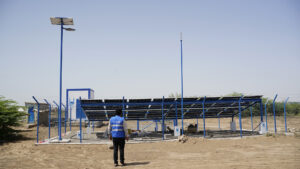
Ibrahim’s Story: Accessing Water and Improved Life Conditions in Yemen
Ibrahim tells his story and how Islamic Relief provided water to every home in his village in Bayt Al-Faqih District, Yemen.

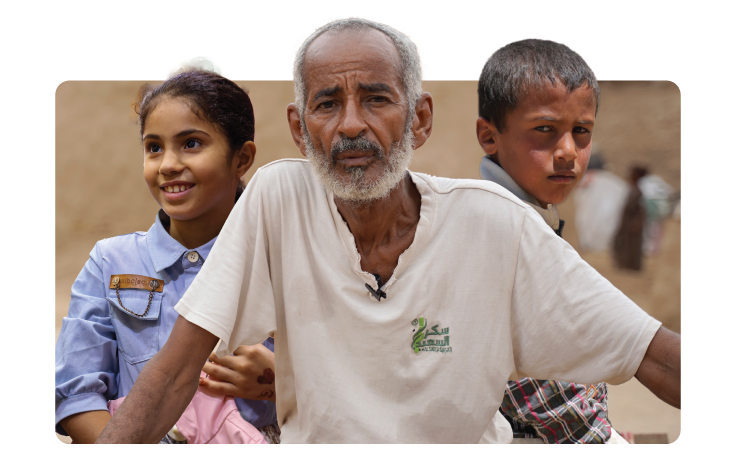
Yemen faces one of the world’s worst humanitarian crises. One marked by over a decade of poverty, war, malnutrition, economic downturn, natural disasters and more.
It is a spiraling situation devastating millions of people, especially women and children. The population continues to face displacement and struggle to fulfil even basic needs.
Most recently, heavy seasonal rains triggered severe flash floods across several governorates in Yemen, resulting in large-scale displacement, casualties, and damage to infrastructure.

Islamic Relief Australia is providing vulnerable families in the Sana’a and Aden access to stable income, enabling them to fulfil their needs independently and with dignity.
Together, we deliver unconditional cash support for families to meet food, rent, and health needs.
As well as provide vocational training and business skills for orphan-headed households, and offer start-up grants to launch family-led micro-enterprises.
So far, the project has successfully granted food security for 6,832 individuals (976 households). Likewise, 374 orphan-led families are enrolled in business training, with many more families to be onboarded onto the program.
Children, pregnant and lactating women and families in rural areas of Yemen are especially vulnerable to malnutrition and lack access to health and water facilities.
Islamic Relief is delivering integrated health, nutrition, and WASH services to 38,668 people in Raymah.
So far, we have successfully made strides in improving health and water facilities in Raymah. We have upgraded local health infrastructure and expanded access to essential and secondary healthcare services.
We rehabilitated water systems, including the installation of solar-powered systems. Furthermore, we also established therapeutic Feeding Centres, IYCF (Infant and Young Child Feeding) corners, health worker training, hygiene promotions, and nutrition programs.
Remote and underserved communities in Yemen face extraordinary challenges, including limited access to clean water and adequate nutrition.
Islamic Relief is working across 5 governorates to help treat malnutrition among children under 5 and pregnant and breastfeeding women.
This project supports health workers and volunteers to strengthen their service delivery and improve nutrition education in remote areas by training local volunteers for outreach and early detection of malnutrition.
We also aim to rehabilitate and construct health facilities and enhance cold storage and logistics for nutrition aide storage. Both aims are successfully underway with our solar-powered refrigeration deployed for medical storage.
So far, we have successfully treated 115,525 children and 134,092 mothers. We also supported 156 health facilities, built and rehabilitated 15 rural health centres, and conducted 145,445 awareness sessions.
In Yemen, its people face one of the world’s worst humanitarian crisis. Ten years of conflict have deepened poverty, devastated its infrastructure, and caused widespread hunger and suffering.
Compounded with the aftermath of COVID-19, increasing living costs and the effects of climate change, Yemen’s population are struggling to meet even the most basic needs.
There are more people in need of humanitarian aid in Yemen than in most other countries in the world.
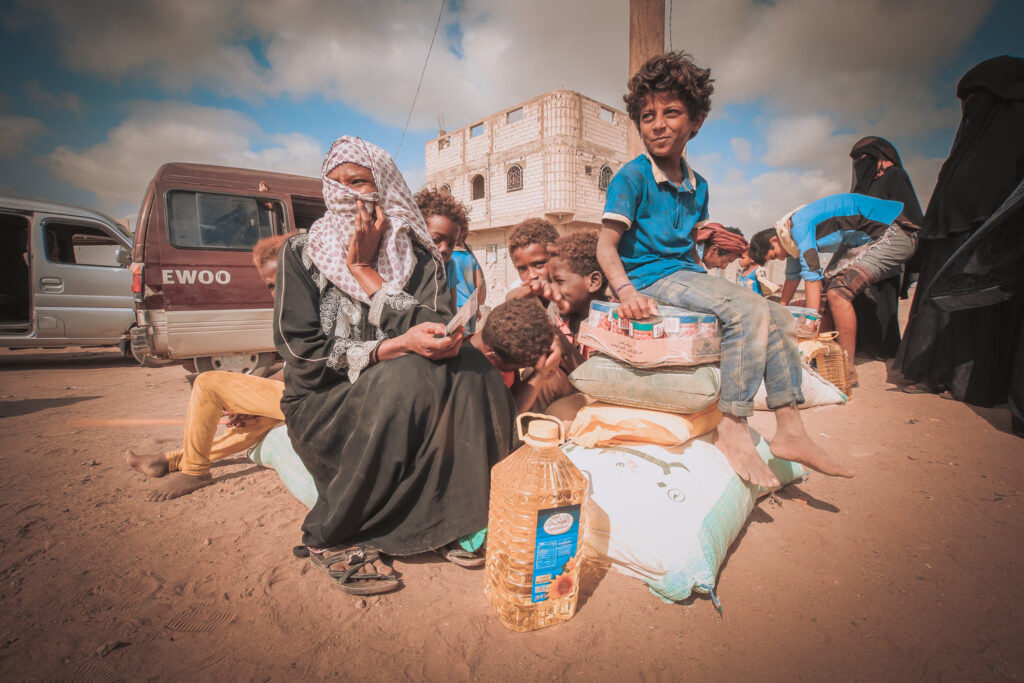
After years of intense conflict, the situation in Yemen is one of the worst humanitarian crises in decades.
Here’s a snapshot of how Islamic Relief is supports the people of Yemen through the ongoing crisis.
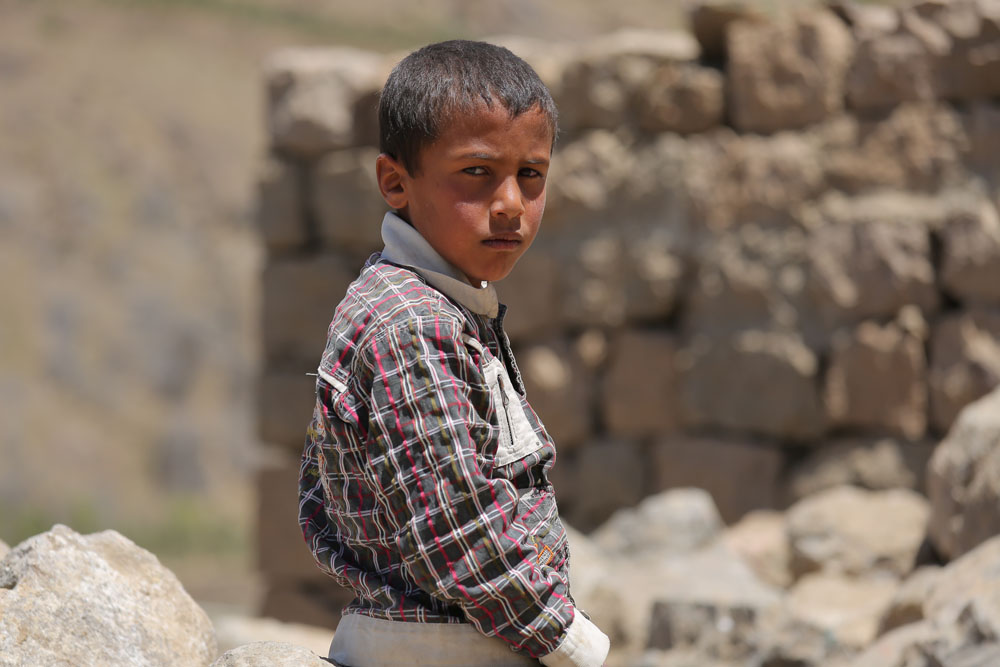
Within the ongoing conflict in Yemen, tens of thousands of lives have been lost. Over 22 million people don’t know where their next meal will come from.
Yemen was already one of the poorest countries in the region. Now, it is on the brink of famine and collapse.
Thousands of displaced families live in overcrowded conditions without access to jobs or reliable food. Essential health systems are crumbling, especially in remote regions.
With families facing ongoing armed conflict, displacement, disease and economic decline, an 21.6 million in urgent need of humanitarian aid just to survive.
It is a figure so high that it is in fact one of the highest in the world. Yemen now officially hosts the world’s largest human-induced food security crisis.
Families and communities have been torn apart and left without even the most basic of living essentials:
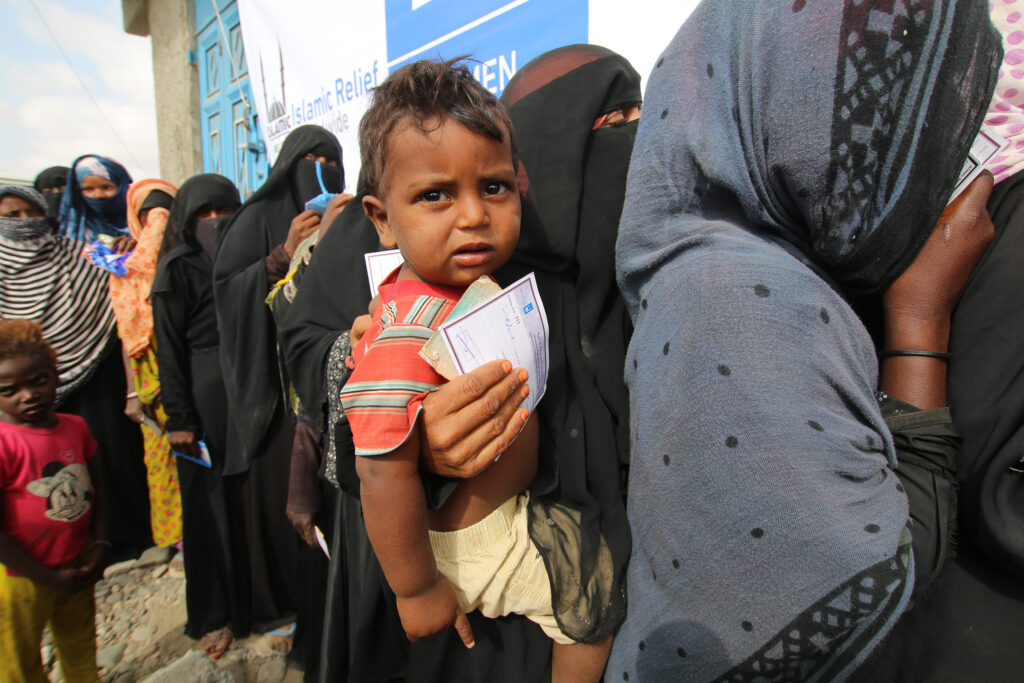
Islamic Relief is currently on the ground in all of the country’s 22 governorates, delivering aid to many hard-to-reach areas.
Islamic Relief’s country office is in the capital, Sana’a, with eight sub-offices in Dhamar, Amran, Aden, Taiz, Hodeida, Saada, Maarib and Rymah.
Our teams on the ground are providing essential food aid to families at risk of famine and facing food insecurity.
With your support, we can help these communities in their hour of need.
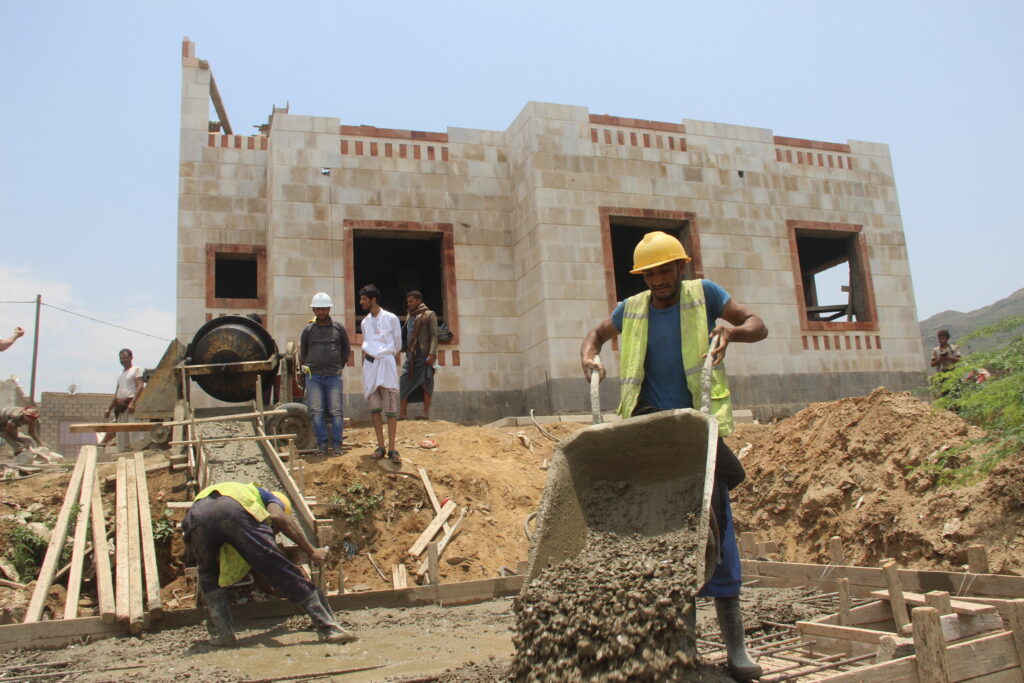
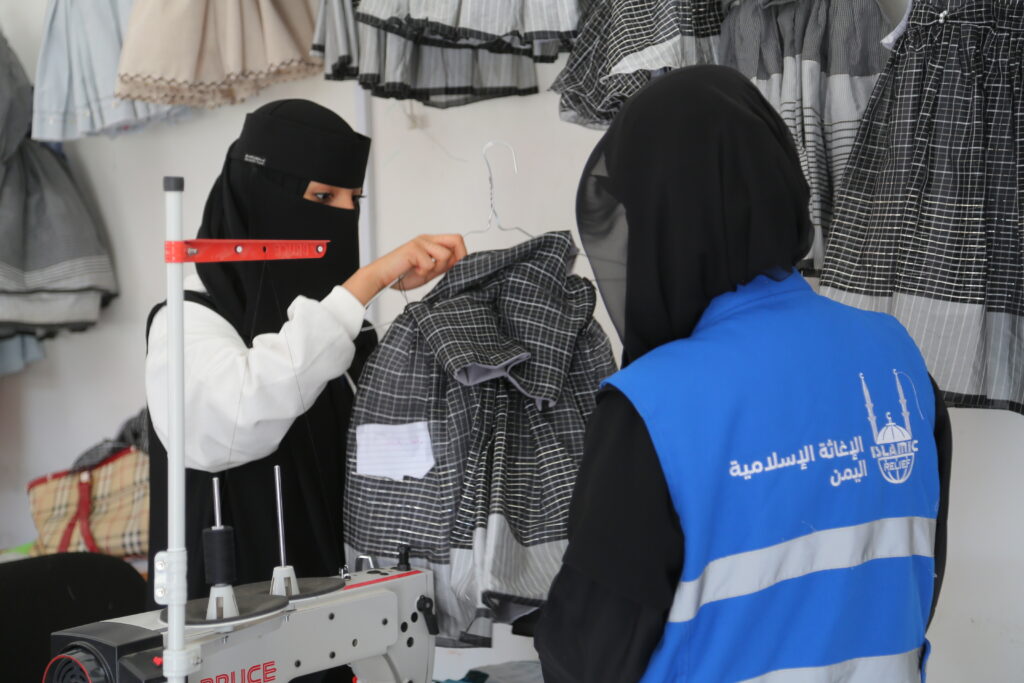

Ibrahim tells his story and how Islamic Relief provided water to every home in his village in Bayt Al-Faqih District, Yemen.
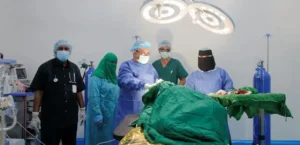
Islamic Relief in Yemen is helping transform lives in a country where the decade-long crisis has put immense strain on the healthcare sector.

We, the undersigned humanitarian organisations working in Yemen, urge urgent and decisive action to address the worsening crisis.